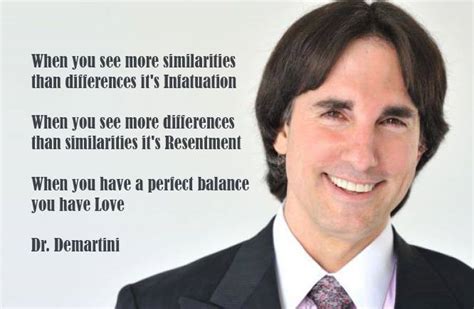A Quote by Jean de la Bruyere
Related Quotes
Nevertheless, the Tenth Commandment-'Thou shalt not covet'-recognizes that making money and owning things could become selfish activities. But it is not the creation of wealth that is wrong, but love of money for its own sake. The spiritual dimension comes in deciding what one does with the wealth. How could we respond to the many calls for help, or invest for the future, or support the wonderful artists or craftsmen whose work also glorifies God, unless we had first worked hard and used our talents to create the necessary wealth?
Of all the potential perils to the new American republic, the prospect of concentrated power . . . troubled the intellectual leaders of the Revolutionary generation. Familiar as the founders were with old Europe . . . they understood why the accumulation of inherited wealth led to inequities and imbalances that inevitably corrupted any system of government.








































